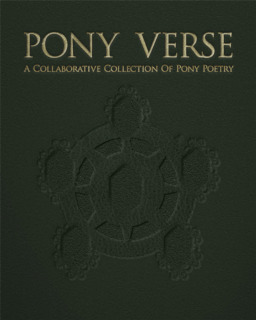
Dissolving (concordia discors)
Dissolving (concordia discors)
Time is like sand.
The grains of place and purpose, mixing.
One side of the hourglass is history, and the other side is existence.
Life and death.
Remembrance serves filter between meaning and irrelevance.
The only order in the maelstrom is the record of crumbled empires.
Cities gone past.
Desert ash.
Structures disassembled to dirt.
Gone.
In the whirlpool swirl of cause, effect is lost to memory.
Regiment begets only lament for formation vanishing from thought.
The resentment of chance yields banishment of understanding in circumstance.
No prophecy can predict the pattern of time’s falling grains.
None.
A chronicle of dust is vain.
Purposeless.
Why count the specks?
Cataloging an emptying time-piece is counting the seconds to death.
There is no sweet desert flower hiding in the stolen sand.
Only rocks.
Opportunity is obsolescent – essence in momentary meaning.
Happenstance in butterfly dune-breeze.
Order in Chaos.

In hindsight I think this is one of those poems that really benefits from explanation of its structure (the number of syllables per lines being based on numeric representations of "Discord" and "Chaos", if I remember correctly). It's a subtle enough effect that I don't think most people are going to appreciate it without it being pointed out.
2758378 Can you say more about this?
3727457
Well, the first line ("Time is like sand") has four syllables. The second has nine, and so on. A=1, B=2, C=3, etc., and if you count that's what you get.